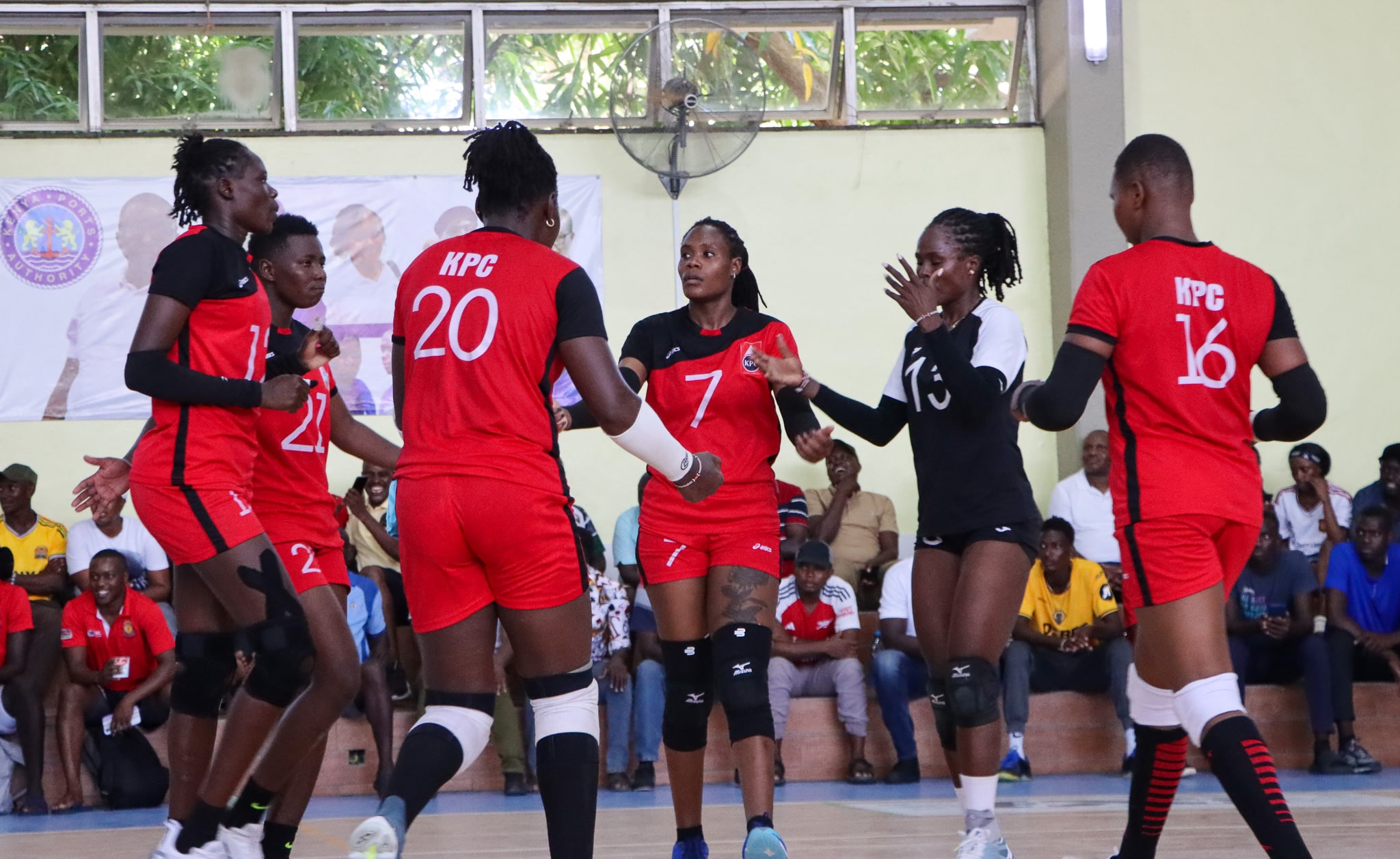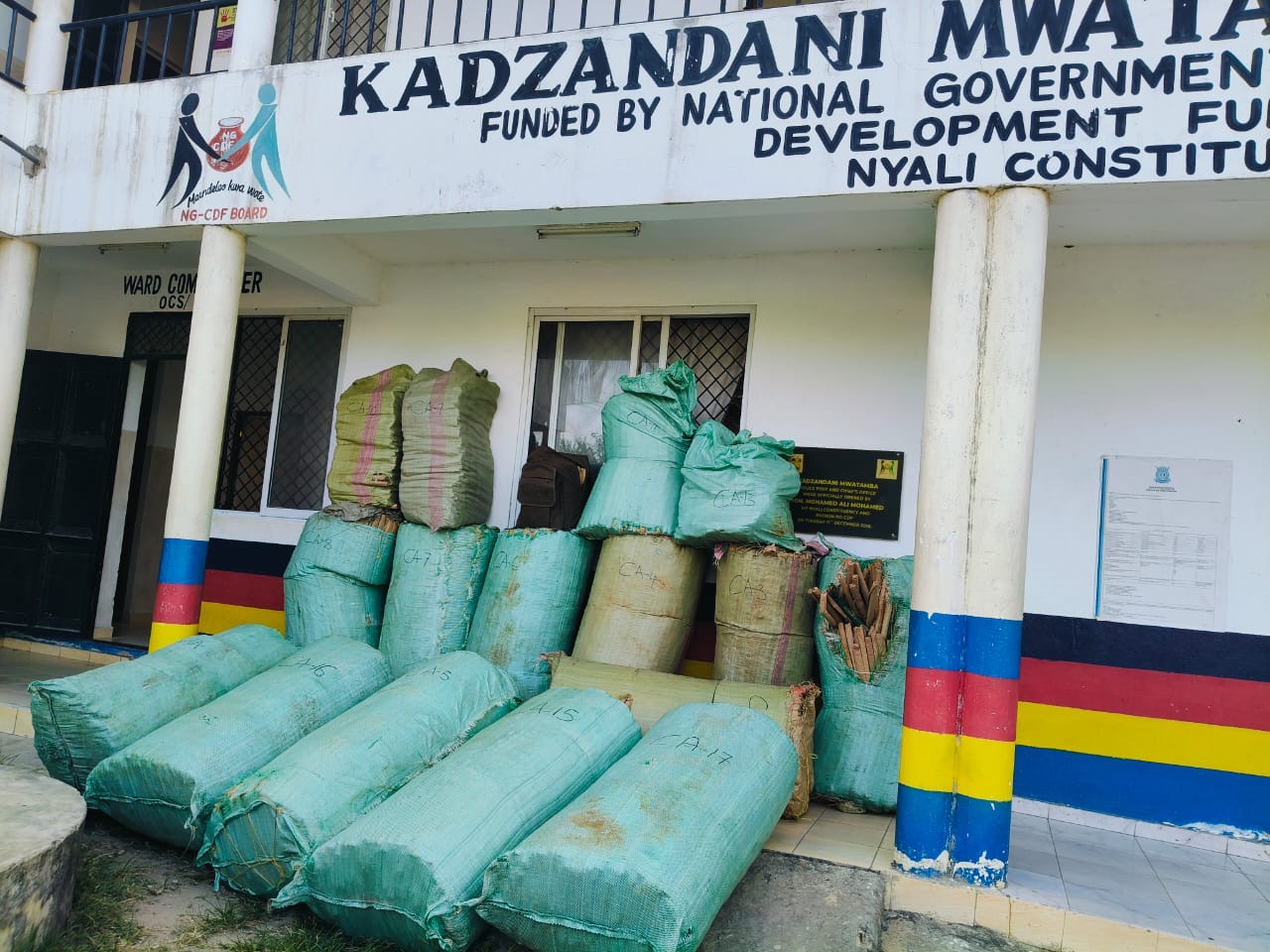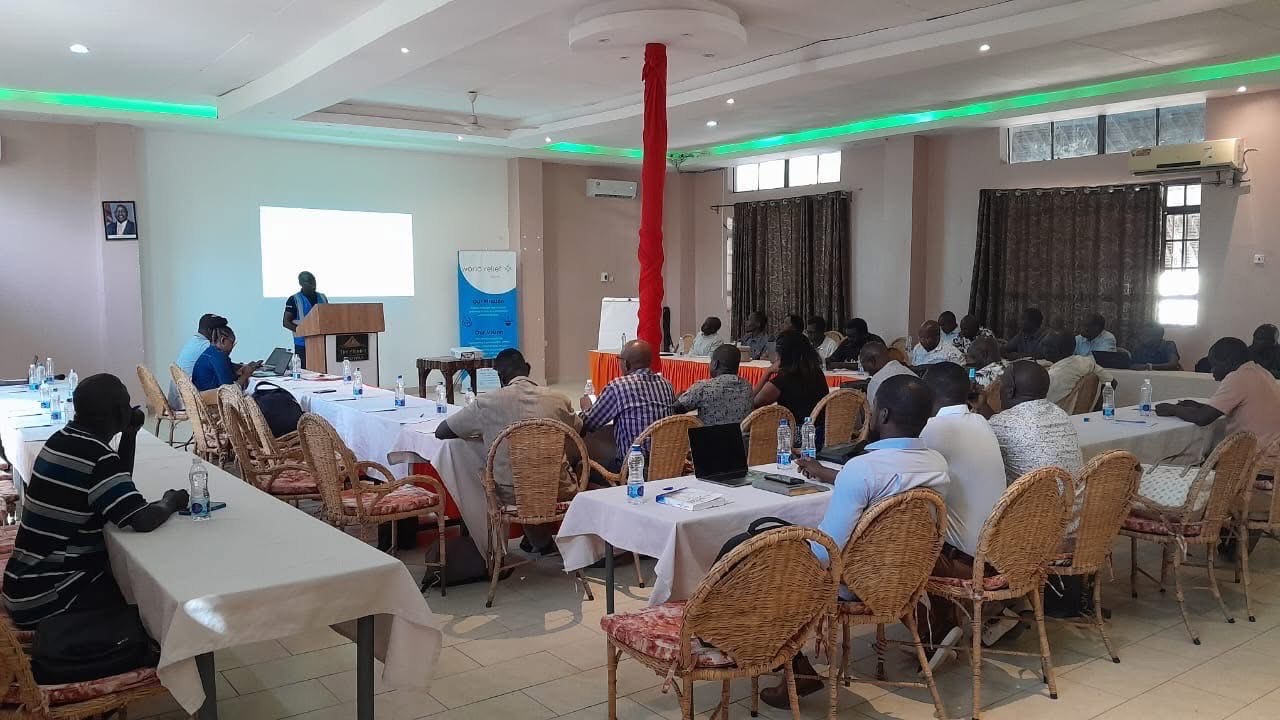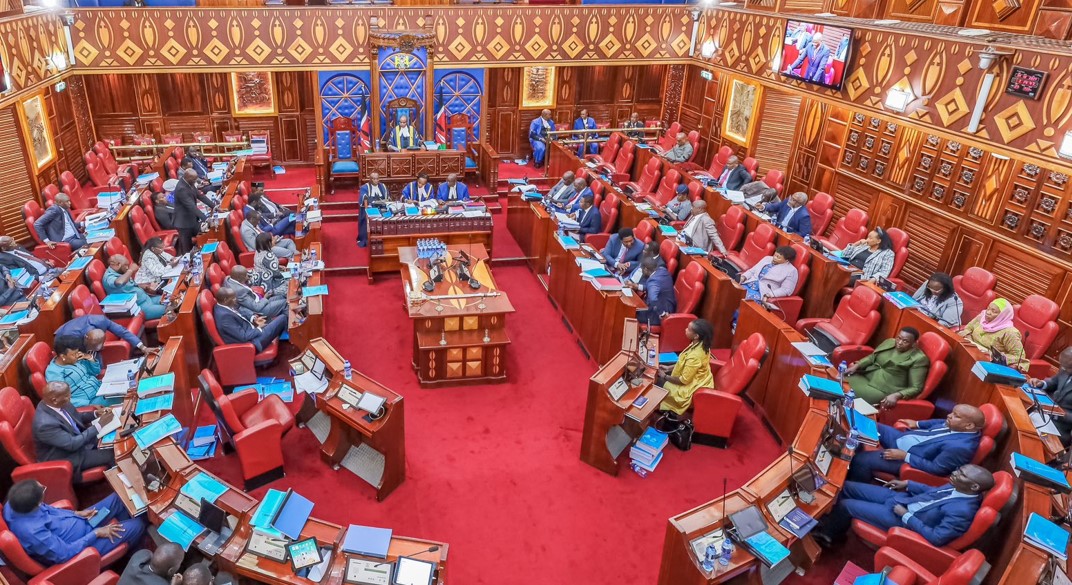Governor Mung’aro vows to ban Muguka in Kilifi over youth addiction concerns

To expedite the process, the governor said he is considering issuing an executive order or drafting legislation through the assembly.
Kilifi County Governor Gideon Mung’aro has declared his intention to prohibit the consumption of Muguka within the county, citing its adverse effects.
The decision follows the release of a documentary by Thellesi Trust, which sheds light on the struggles of women caught in Muguka addiction.
More To Read
- Criminal networks exploiting instability to fuel global drug trade - UN
- Lamu parents urged to support boy child amid rising drug addiction linked to neglect
- Wave of elder killings in Coast counties sparks alarm on abuse awareness day
- Muslim women's group calls for urgent Muguka regulation after withdrawal of Bill
- Duale suspends licences for distribution of nicotine products, orders re-application in 21 days
- NACADA shuts down illegal rehab centre over inhumane conditions
Mung’aro expressed concerns over the impact of Muguka on the youth, noting that it's easily affordable and accessible.
“Young people continue to become addicted to Muguka despite the fact that it poses several health risks. Even with just Sh5, anyone can easily purchase Muguka. Its affordability makes it accessible to nearly everyone, even those with just a single shilling to spare. Muguka will be prohibited here in Kilifi, and we're committed to enforcing this ban by any means necessary, whether legal or illegal. Come rain or shine, Muguka will be banned,” he said during an interview with Maono Space.
To expedite the process, the governor said he is considering issuing an executive order or drafting legislation through the assembly.
He, however, expressed concern about potential delays if the matter was to go through the assembly.
“I considered issuing an executive order or initiating legislation through the assembly, but I'm concerned about potential delays, as the assembly process could take longer. My priority is to find a swift solution, so I'm exploring the possibility of implementing an executive order to ban Muguka immediately. This substance doesn't benefit our children in any way. I plan to announce the next steps after Easter,” he said.
The governor also expressed satisfaction that the youths are also in favor of banning the drug.
"Initially, I thought it was the youth who were keen on consuming Muguka, but I felt relieved after witnessing a film, even created by you, that highlighted its detrimental effects," he said.
Mung’aro explained that he defended palm wine brew, commonly known as Mnazi, because he believed that if regulated, it was not as harmful as Muguka.
“If we can regulate Mnazi, it is good because it is not as poisonous as Muguka and it’s not an illicit brew, but Muguka is not that expensive, that is why many young people can get it however much they want it,” he said.
The National Authority for the Campaign Against Alcohol and Drug Abuse (NACADA) in 2022 categorized Miraa (Khat) as a harmful substance due to the presence of Cathine and Cathinone compounds, which are deemed harmful under the Narcotic Drugs and Psychotropic Substances (Control) Act of 1994.
However, in July 2023, the government revealed intentions to review the classification of Miraa as a harmful substance. The move aimed at potentially removing it from being classified adversely by the NACADA.
According to NACADA’s 2022 national survey on the status of drugs and substance use in Kenya, one in every 28 Kenyans aged 15 to 65 years (964,737) were using khat.
Additionally, one in every 14 males aged 15 to 65 years (856,283) and one in every 143 females (108,454) were using the drug.
The Eastern region had the highest prevalence of use of khat at 9.6 per cent followed by North Eastern (7.2 per cent) and Nairobi (4.9 per cent).
Top Stories Today














































